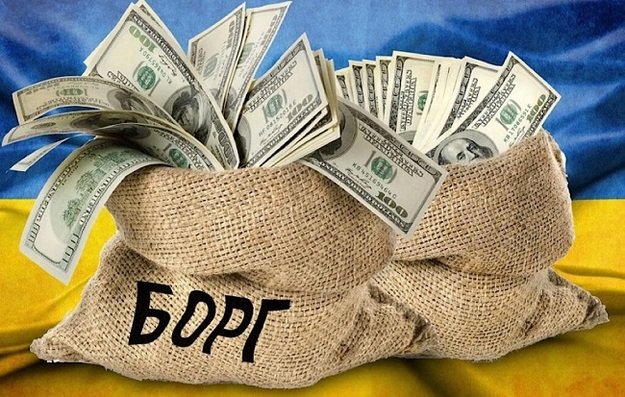The decentralized cloud GPU provider explains to Crypto Briefing the utility of their nodes and what was their funding strategy.
Decentralized cloud GPU provider Aethir sold $60 million of its network nodes in less than half an hour on Mar. 20, according to an X post. The nodes, called Checkers, ensure the integrity and performance of the Aethir network, verifying the virtual endpoint specifications.
The company shared with Crypto Briefing that its strategy was to avoid too much institutional capital and forge partnerships with launchpads in five major regions, three different ecosystems, and over 60 different communities.
“For our network to be as decentralized and trustless as possible, we needed a diverse group of contributors as Checker Node operators. What we didn’t expect was the groundswell of support that came following our whitelist sale. We were blown away by the level of interest and participation and how many unique individuals were willing to pay for a license to contribute to our network,” added Aethir.
Users who acquired the nodes will only need the license, which is a non-fungible token (NFT), and a bare minimum specifications computer, explained the service provider to Crypto Briefing.
“The hardware requirements are extremely low by design. We wanted as low a barrier to entry as possible. The only strict requirement is an always-on and stable internet connection. One need only download our Checker Node Client software and click run. Alternatively, we have partnered with several Node-as-a-service operators so that the license owners can simply delegate the operating rights of the license and not worry about any of the headaches of running the software.”
Decentralized cloud GPU services are one of the intersections between blockchain and artificial intelligence industries (AI). Aethir offers the underutilized power of companies’ GPUs to services that find use in the extra computing power, such as cloud gaming firms and AI large language models.
Moreover, Aethir is an early member of the Nvidia Inception program and has partnered with multiple infrastructure providers and Nvidia NCP partners globally to onboard their underutilized H100 GPUs.
Aethir’s infrastructure is built on Ethereum’s layer-2 blockchain Arbitrum. Their team said that this decision was based on Arbitrum’s stability, low cost, and positioning within the Ethereum ecosystem.
“We explored many alternatives but in the end, as we offer an enterprise service to enterprise clients, we needed to choose a chain that could offer extremely high SLAs and stability while remaining affordable,” Aethir’s team concludes.













